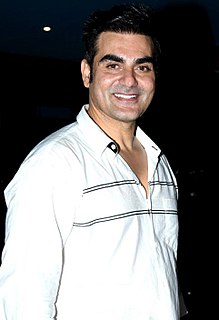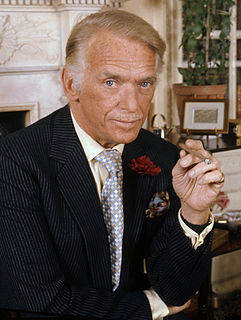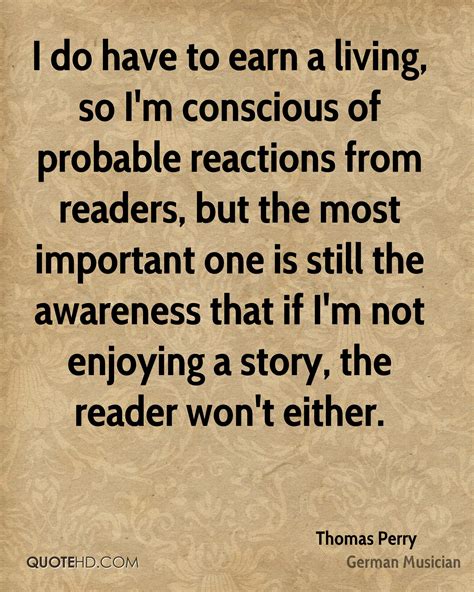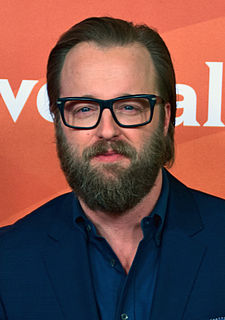A Quote by Frederick Lenz
I have had several offers to make the book into a film. I don't know if the message could be accurately transmitted, and so I have been somewhat hesitant in granting film rights.
Related Quotes
'Toofan Singh' is a Punjabi film based on a terrorist. The Pahlaj led CBFC banned the film because according to them the film glorifies terrorism, and that might give a wrong message to today's youth. However, the film has been released in many countries, and has been received warmly. Unfortunately, it never saw the light of day in India.
First, there has been a lot of interest in The Drive-in, but, alas, it hasn't actually come to fruition. Maybe soon. Don really got Bubba and I didn't think it could be a film. I thought it was too odd to make it to film. He asked me to do the screenplay, but I declined. I didn't see that it could be a screenplay but he wrote one and proved me wrong. He was always considerate about what I thought about the film and the story's presentation, but in the end, he's the director and he had to make decisions. All good ones.
I left film because I felt that photography was my art. It was something I could do on my own, whereas film was so collaborative. I thought as a photographer I could make something that was artistic and that was mine, and I liked that. And it wasn't until I got back into film and I have very small crews and I could do very tiny filmmaking that wasn't 100 people that I still felt that I was making something artistic as a filmmaker. So, you know, I'm an artist, and whether it's photography or film, I want my voice to be there and I think my voice is very strong in this film.



































